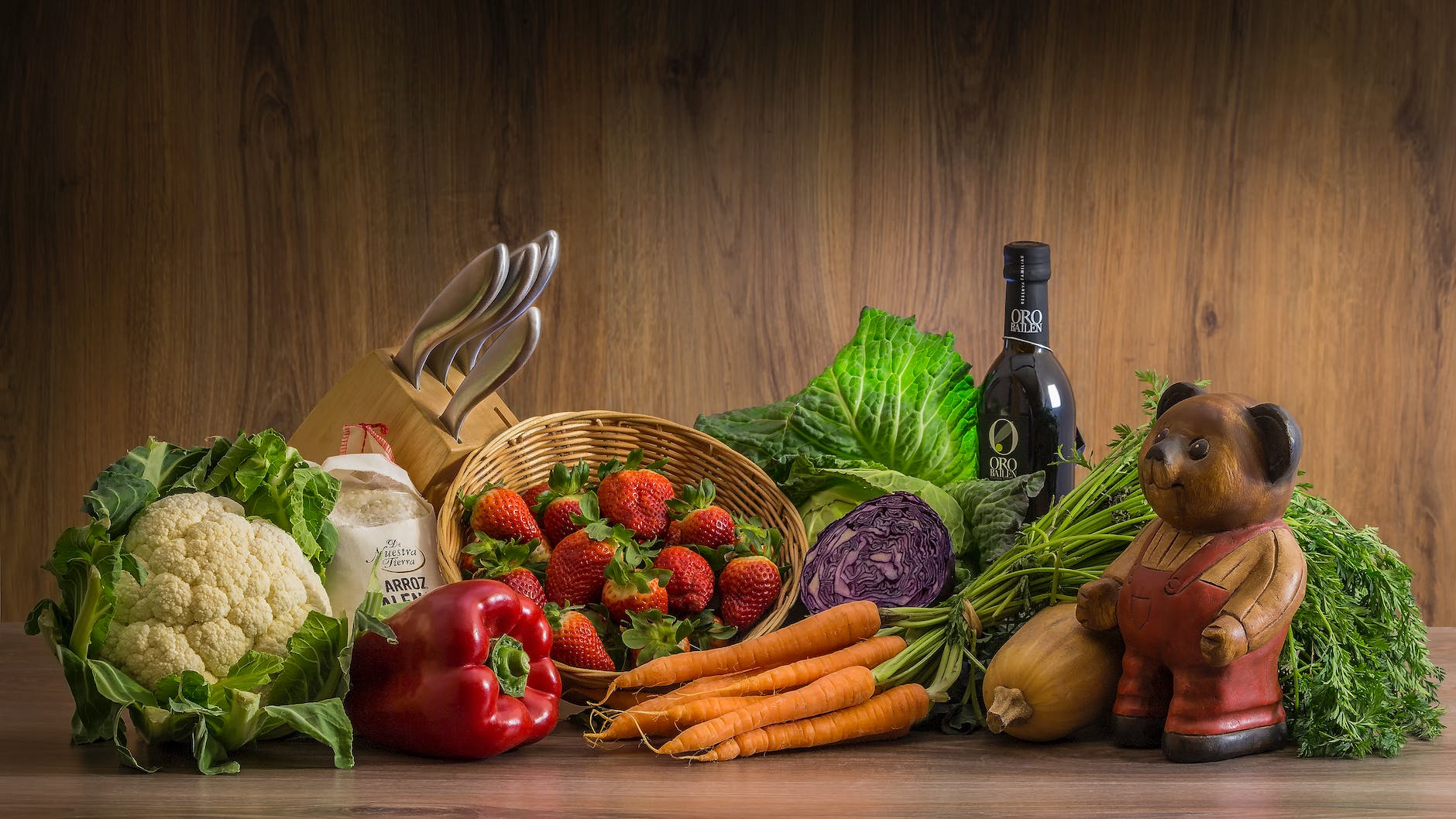
Maintaining a healthy diet is essential for overall well-being, and certain foods have been identified for their potential to reduce the risk of cancer. While no food or diet can prevent cancer entirely, research suggests that dietary choices can help lower the risk of developing certain types of cancer. Here are some foods that are considered beneficial in reducing cancer risk:
1. Fruits and Vegetables
Fruits and vegetables are rich in antioxidants, vitamins, minerals, and fibers that are crucial in cancer prevention. The antioxidants help to protect cells from damage that could potentially lead to cancer.
Cruciferous Vegetables
Cruciferous vegetables are not only versatile and flavor-filled but they also offer a bounty of health benefits that make them a must-have on any dinner plate. A family of vegetables that include broccoli, cauliflower, cabbage, kale, bok choy, and Brussels sprouts, cruciferous vegetables are known for their distinctive shape – reminiscent of a cross or “crucifer” which is apparent in the leaves of the plants.
These vegetables are packed with fiber, which is essential for maintaining a healthy digestive system. Fiber helps to keep you regular, can aid in weight loss by making you feel full longer, and has been linked to a decreased risk of heart disease and certain types of cancer.
Apart from fiber, cruciferous vegetables are loaded with vitamins and minerals. For instance, broccoli is rich in vitamin C and K, and also provides a good amount of folate (B9), potassium, and even some protein. Cauliflower, while often overshadowed by its green cousin, is a great low-calorie source of vitamin C and is flexible enough to be used in a variety of dishes, from pizza crusts to mashed potato substitutes.
Moreover, these vegetables contain compounds known as glucosinolates, which upon consumption are broken down to form biologically active compounds such as indoles, nitriles, thiocyanates, and isothiocyanates. These compounds have been studied for their anti-cancer effects. They are thought to work in several ways, such as protecting cells from DNA damage, inactivating carcinogens, and having antiviral and antibacterial effects.
Including cruciferous vegetables into your diet is simple and can be delicious. They can be eaten raw in salads or slaws, steamed and dressed with a sprinkle of salt and a drizzle of olive oil, roasted to bring out their natural sweetness, or blended into soups and sauces for added nutrition and texture.
Berries
Berries such as strawberries, blueberries, and raspberries are packed with powerful antioxidants like vitamin C and anthocyanins that may help prevent cancer.
Leafy Greens
Spinach, kale, and Swiss chard are full of nutrients and antioxidants, including beta-carotene and lutein, which can be protective against cancer.
2. Whole Grains
Whole grains contain fiber, vitamins, minerals, and various phytochemicals that may protect against colorectal and other types of cancer. Examples include:
- Brown rice
- Oats
- Barley
- Quinoa
- Whole wheat
3. Legumes
Legumes, such as lentils, beans, and peas, are high in fiber and protein and low in fat. They provide a variety of phytochemicals, which may have anti-cancer effects.
4. Nuts and Seeds
Nuts and seeds contain healthy fats, fibers, and antioxidants. Some studies suggest that regular consumption of nuts, such as almonds and walnuts, may be linked to a reduced risk of certain cancers.
5. Healthy Fats
Including healthy fats in your diet is also a good cancer prevention strategy:
Omega-3 Fatty Acids
Found in fatty fish like salmon, mackerel, and sardines, omega-3 fatty acids may help reduce inflammation and lower the risk of cancer.
Olive Oil
Rich in monounsaturated fats and antioxidants, extra-virgin olive oil has been linked to a lower risk of various cancers, particularly those of the breast and digestive system.
6. Tea
Tea, especially green tea, is full of catechins—compounds that may help protect against cancer. Epigallocatechin gallate (EGCG) in green tea is one of the most studied polyphenols for its potential anti-cancer properties.
7. Turmeric
This bright yellow spice contains curcumin, which is considered to have anti-inflammatory and antioxidant properties that may help reduce the risk of cancer.
Conclusion
In conclusion, a diet rich in fruits, vegetables, whole grains, legumes, nuts, seeds, healthy fats, and spices such as turmeric can contribute to a reduced risk of developing cancer. It’s important to remember that these foods should be part of an overall healthy diet and lifestyle, which includes regular physical activity, maintaining a healthy weight, avoiding tobacco, and limiting alcohol consumption. While food choices can influence cancer risk, they should complement other lifestyle choices and healthcare measures for a comprehensive approach to cancer prevention. Always consult your doctor or a registered dietitian for personalized dietary advice.



